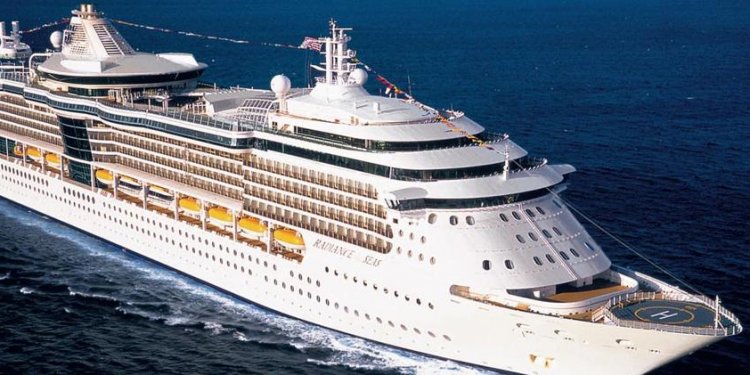
Nile cruise Thomas Cook
Thomas Cook could be the world’s best-known name in travel, thanks to the inspiration and dedication of one man. Thomas Cook began his international travel company in 1841, with a successful one-day rail excursion at a shilling a head from Leicester to Loughborough on 5 July. From these simple beginnings Thomas Cook launched another particular organization – devoted to assisting Britons understand world.
A Brief Overview
On 9 June 1841 a 32-year old cabinet-maker named Thomas Cook wandered from their home in Market Harborough into the nearby city of Leicester to attend a temperance meeting. A former Baptist preacher, Thomas Cook was a religious man who thought that most Victorian personal issues were related to alcoholic beverages and that the life of working people will be greatly improved when they consumed less and became better informed. While he wandered along the roadway to Leicester, he later on recalled, 'the believed abruptly flashed across my brain regarding practicability of using the truly amazing powers of railways and locomotion when it comes to furtherance with this social reform'.
At conference, Thomas proposed that an unique train be involved to hold the temperance followers of Leicester to a meeting in Loughborough about a month later on. The suggestion had been gotten with such enthusiasm that, in the following day, Thomas submitted their concept towards assistant for the Midland Railway Company. A train was subsequently organized, and on 5 July 1841 about 500 people were conveyed in open carriages the enormous length of 12 miles and back for a shilling. The afternoon was a great success and, as Thomas later recorded, 'thus ended up being hit the keynote of my trips, together with personal concept expanded upon me personally'.
Early Tours
Through the next three summers Thomas organized a succession of trips between Leicester, Nottingham, Derby and Birmingham for local temperance societies and Sunday schools. Within these limits thousands of individuals skilled train vacation for the first time, and Thomas managed to set the foundations of their future company. He later on described this period among 'enthusiastic philanthropy' since, beyond the publishing of posters and handbills, he'd no financial interest in these early trips.

















